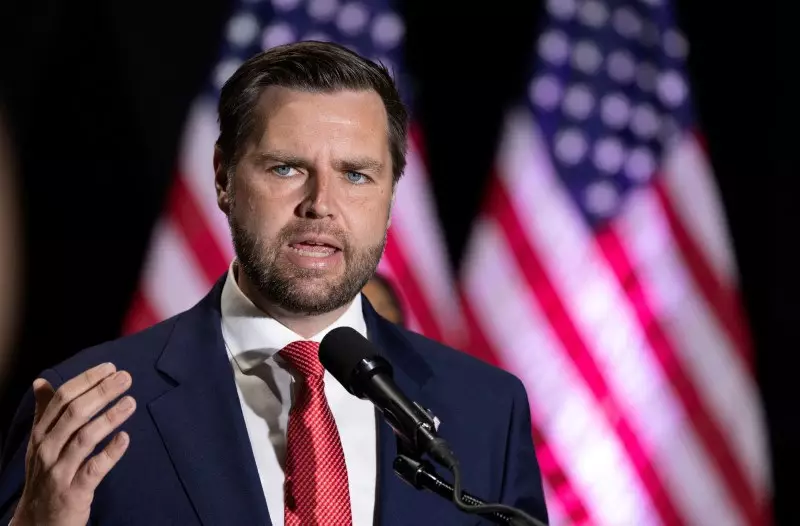The discussion surrounding the role of the President in Federal Reserve Board policy-making has sparked controversy and debate in recent times. Republican U.S. vice presidential candidate JD Vance expressed his support for Donald Trump’s call for presidents to have a say in Federal Reserve Board policy-making, including interest-rate moves. This viewpoint challenges the traditional notion that the Fed should operate independently from political influence.
During a press conference, Trump emphasized his belief that the political leadership in the United States should play a more significant role in shaping the country’s monetary policy. He argued that elected leaders should have input into crucial decisions that impact the nation’s economy. Trump’s perspective diverges from the conventional wisdom that presidential involvement could introduce short-term political pressures with long-term economic consequences.
JD Vance echoed Trump’s sentiments, advocating for a shift towards making monetary policy decisions more politically oriented. He emphasized the importance of America’s elected officials having a say in critical economic matters. Vance’s stance signifies a departure from the established principle that the Federal Reserve should act as an independent policy-making institution on monetary policy.
In contrast, Democratic presidential nominee Kamala Harris firmly opposed Trump’s proposal for presidential interference in the Federal Reserve’s decision-making process. Harris emphasized the importance of maintaining the Fed’s independence as an essential entity separate from political influence. She affirmed that as president, she would uphold the Fed’s autonomy in making monetary policy decisions.
The Federal Reserve initiated interest rate hikes in March 2022 to combat rising inflation following the economic fallout of the COVID-19 pandemic. These interest rate adjustments directly impact borrowing costs for consumers, ranging from mortgages to credit cards. Wall Street analysts anticipate the Fed’s upcoming decision to reverse its monetary policy course as inflation rates stabilize and show signs of moderation.
Trump’s comments on the Fed’s role coincide with the “2025 Presidential Transition Project,” a controversial agenda proposing significant changes within the federal government if Trump secures the presidential election. One of the recommendations included appointing a commission to reevaluate the Federal Reserve’s mission and explore alternatives to the existing system. These proposals underscore the ongoing debate surrounding the Fed’s structure and decision-making processes.
The debate on presidential involvement in Federal Reserve Board policy-making highlights the contrasting viewpoints on the Fed’s independence and role in shaping the nation’s economic policy. While proponents argue for increased political influence in monetary decisions, opponents emphasize the importance of preserving the Fed’s autonomy as a key pillar of economic stability. As the discussion evolves, the future of the Federal Reserve’s structure and decision-making processes remains a subject of ongoing controversy and debate.

